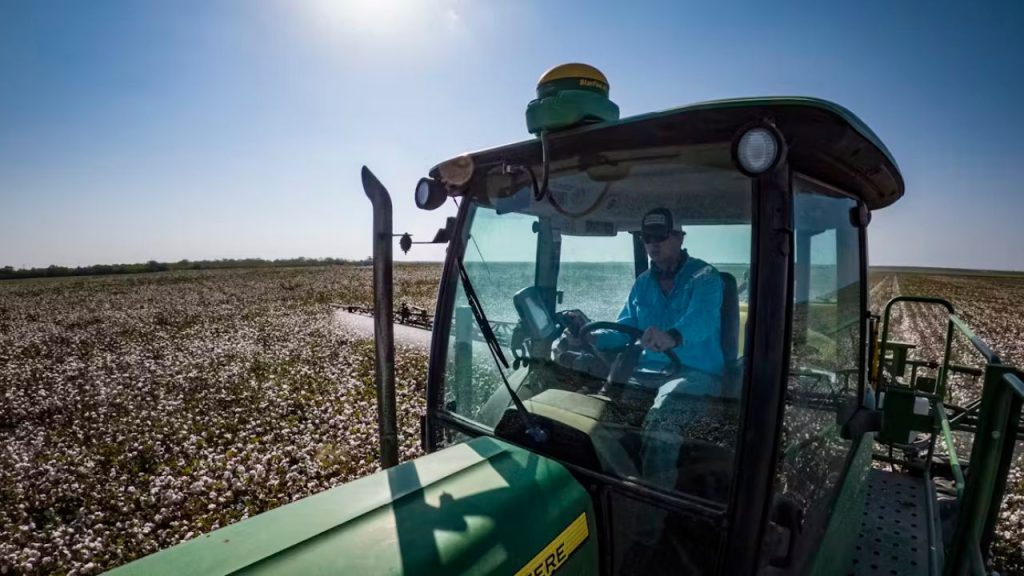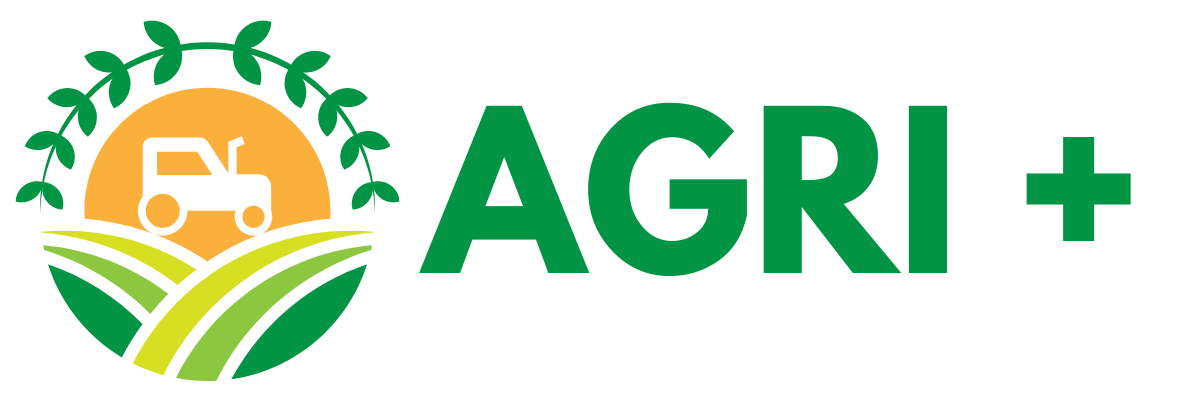What is Precision Farming?
Precision farming is an innovative approach to agriculture that uses technology to monitor and manage crops and livestock with high precision. The main components of precision farming include:
- GPS and GIS: Global Positioning Systems (GPS) and Geographic Information Systems (GIS) are used to map fields and track the exact locations of crops and machinery. This enables precise application of inputs such as fertilisers and pesticides.
- Remote Sensing: Drones and satellites equipped with sensors capture detailed images and data about crop health, soil conditions, and water usage. This information helps farmers make informed decisions about when and where to apply resources.
- Variable Rate Technology (VRT): VRT allows farmers to apply inputs like seeds, fertilisers, and water at varying rates across a field, based on the specific needs of different areas. This optimises resource use and improves yields.
- Data Analytics: Advanced software analyses data collected from various sources to provide insights into crop performance, weather patterns, and other factors. This data-driven approach enhances decision-making and boosts efficiency.
The Growth of Precision Farming in Britain
Precision farming has gained significant traction in Britain over the past decade. Several factors are driving its growth:
- Technological Advancements: The rapid development of digital technologies, including GPS, drones, and sensors, has made precision farming more accessible and affordable for British farmers.
- Economic Pressures: Rising costs of inputs and the need to maximise yields have encouraged farmers to adopt precision farming techniques that improve efficiency and reduce waste.
- Environmental Concerns: Precision farming helps to minimise the environmental impact of agriculture by reducing the overuse of chemicals and optimising water usage, aligning with the growing demand for sustainable farming practices.
- Government Support: The UK government has recognised the potential of precision farming to enhance agricultural productivity and sustainability, offering incentives and funding for technology adoption.
Benefits of Precision Farming
The adoption of precision farming offers numerous benefits to British agriculture:
- Increased Productivity: By applying inputs more accurately, farmers can achieve higher yields with fewer resources. Precision farming enables better crop management, leading to improved output and profitability.
- Cost Efficiency: Precision farming reduces waste by ensuring that inputs are used only where they are needed. This results in significant cost savings on seeds, fertilisers, pesticides, and water.
- Environmental Sustainability: Precision farming minimises the environmental footprint of agriculture by reducing chemical use, conserving water, and promoting soil health. This aligns with the goals of sustainable farming and helps protect natural resources.
- Better Decision-Making: Data-driven insights enable farmers to make informed decisions about crop management, planting schedules, and resource allocation. This leads to more effective and efficient farming practices.

Challenges of Precision Farming
While the benefits are clear, precision farming also presents challenges that must be addressed:
- High Initial Costs: The adoption of precision farming technologies can be expensive, particularly for small and medium-sized farms. The cost of equipment, software, and training can be a barrier to entry.
- Data Management: Precision farming generates vast amounts of data that need to be collected, analysed, and interpreted. Managing this data requires specialised skills and software, which may be a challenge for some farmers.
- Technological Complexity: The integration of various technologies, such as GPS, drones, and sensors, can be complex and may require technical expertise. Farmers may need to invest in training and support to fully utilise precision farming tools.
- Connectivity Issues: Rural areas in Britain may face connectivity challenges that affect the performance of precision farming technologies, particularly those reliant on real-time data transfer and cloud-based systems.
The Future of Precision Farming in Britain
The future of precision farming in Britain looks promising, with several trends likely to shape its continued growth:
- Wider Adoption: As technology becomes more affordable and accessible, more farmers are expected to adopt precision farming practices. Government support and industry collaboration will play a key role in accelerating this trend.
- Integration of AI and Machine Learning: Advances in artificial intelligence (AI) and machine learning will enhance the capabilities of precision farming, enabling even more precise and automated decision-making.
- Expansion of IoT: The Internet of Things (IoT) will further connect devices and systems on the farm, allowing for real-time monitoring and management of crops and livestock. This will improve efficiency and reduce the need for manual intervention.
- Sustainable Farming Practices: Precision farming will continue to contribute to the sustainability of British agriculture by optimising resource use and minimising environmental impact. This will be increasingly important as the UK pursues its climate and sustainability goals.
Conclusion: The Rise of Precision Farming in Britain
Precision farming is revolutionising agriculture in Britain, offering a new level of accuracy and efficiency in crop and livestock management. By harnessing advanced technologies, farmers can improve productivity, reduce costs, and promote environmental sustainability. While challenges remain, the future of precision farming in Britain is bright, with ongoing advancements set to drive further adoption and innovation. As the agricultural landscape continues to evolve, precision farming will play a crucial role in shaping the future of food production in the UK.
